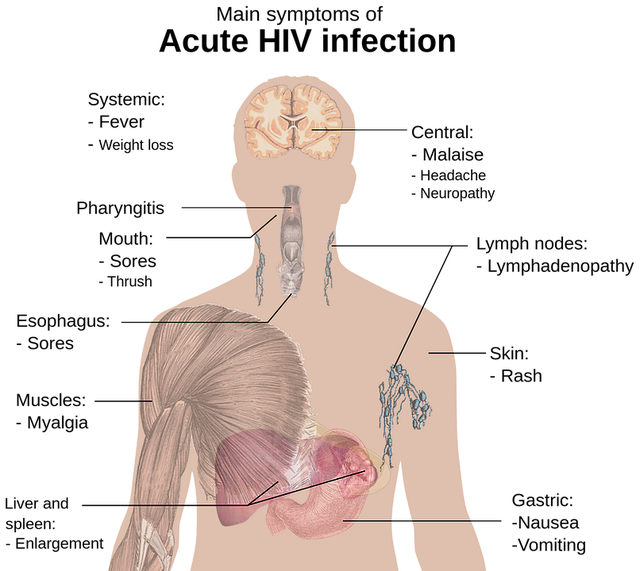
Contents
What Is a Brain Tumor?
A brain tumor is a cluster of abnormal cells or cells that have grown uncontrollably in or around the brain. Brain tumors can be cancerous (malignant) or noncancerous (benign). Brain tumors can be primary or metastatic. Primary tumors start in the brain, whereas metastatic tumors start elsewhere in the body and spread to the brain.
Types of Brain Tumors
Brain tumors are classified by their origin, size, and behavior. Common types of brain tumors include:
- Gliomas: These tumors start in the brain’s glial cells, which support the nerve cells. Gliomas may be benign or malignant.
- Meningiomas: These tumors start in the membrane that covers the brain and spinal cord. Meningiomas are usually benign.
- Pituitary Adenomas: These tumors arise in the pituitary gland, which produces hormones. Most pituitary adenomas are benign.
- Primitive Neuroectodermal Tumors: These tumors develop in immature nerve cells. Primitive neuroectodermal tumors are usually malignant.
Causes of Brain Tumors
The exact cause of brain tumors is not known. However, some factors can increase the risk, such as:
- Exposure to radiation, such as X-rays or CT scans
- Exposure to certain chemicals, such as Benzene
- A family history of brain tumors
- Inherited genetic disorders, such as Neurofibromatosis
- Certain viruses, such as the Epstein-Barr virus
Symptoms of Brain Tumors
The symptoms of brain tumors depend on the size and location of the tumor. Common symptoms include:
- Headaches: Headaches caused by a brain tumor are usually worse in the morning and ease as the day progresses.
- Changes in vision: Blurred vision, double vision, loss of part of the field of vision, or other changes may occur.
- Nausea and vomiting: This is one of the most common symptoms of a brain tumor.
- Seizures: Seizures occur when the tumor causes an abnormal discharge of electrical signals from the brain.
- Weakness or numbness: Weakness or numbness in an arm or leg may occur.
- Personality or behavior changes: Changes in behavior, mood, or personality may occur.
- Problems with balance: Difficulty or clumsiness with walking or standing may occur.
Treatment for Brain Tumors
The exact treatment for brain tumors depends on the size, location, and type of tumor. Common treatments include:
- Surgery: Surgery may be used to remove as much of the tumor as possible.
- Radiation therapy: Radiation therapy involves using high-energy X-rays to destroy the tumor cells.
- Chemotherapy: Chemotherapy is a type of medication that is used to destroy cancer cells.
- Targeted therapy: Targeted therapy is a type of drug that is designed to target the specific changes in cancer cells.
Health and Safety
If you have been diagnosed with a brain tumor, it is important to take steps to maintain your health. These steps include:
- Eating a healthy diet that is low in fat and cholesterol
- Getting regular exercise
- Limiting alcohol and caffeine intake
- Avoiding smoking and recreational drugs
- Living a stress-free life
- Getting adequate sleep
- Maintaining a positive attitude
- Talking to your doctor about any concerns
It is also important to be aware of the potential side effects of treatment, such as fatigue, nausea, hair loss, or changes in appearance. Your doctor can provide information about ways to reduce the impact of these side effects. With proper treatment and care, most people with a brain tumor can manage the disease and enjoy a good quality of life.
